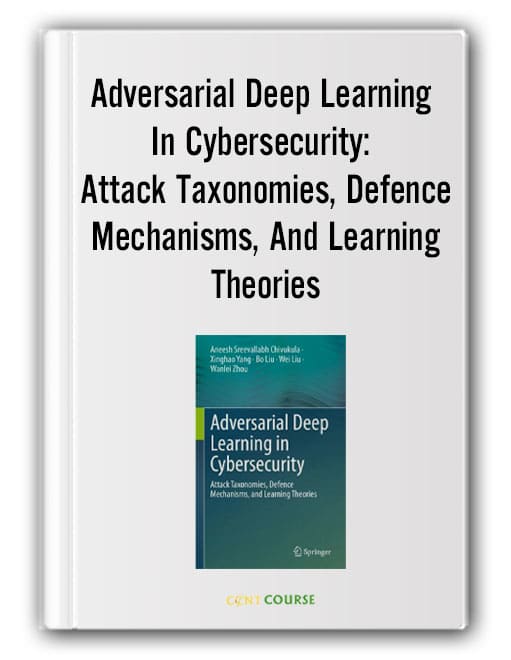Adversarial Deep Learning in Cybersecurity: attack taxonomies, defence mechanisms, and learning theories
We discuss the current defenses that can be used to protect deep learning models when they are applied in real-world settings.
Adversarial Deep Learning in Cybersecurity Description
For game theoretical goals in non-stationary computational learning contexts, we suggest novel adversary categories. The proper quantification of the hypothesis set in our research’s choice problems results in a number of functional, oracular, sampling, and optimization issues. We also discuss the current defenses that can be used to protect deep learning models when they are applied in real-world settings.
Data representations, feature manipulations, misclassification costs, sensitivity landscapes, distributional resilience, and complexity classes of adversarial deep learning algorithms and their applications are all topics covered by the learning theories used in these defense mechanisms.
Here’s what you will learn in this book:
- Adversarial Machine Learning
- Adversarial Deep Learning
- Security and Privacy in Adversarial Learning
- Game-Theoretical Attacks with Adversarial Deep Learning Models
- Physical Attacks in the Real World
- Adversarial Defense Mechanisms
- Adversarial Learning for Privacy Preservation
Related products
Free Download
Free Download
Free Download
Free Download


![[Udaya] Progressive Yoga Practice With Caley Alyssa 2022 2 [Udaya] Progressive Yoga Practice With Caley Alyssa 2022](https://centcourse.com/wp-content/uploads/2022/12/progressive-yoga-practice-with-caley-alyssa-2-100x100.jpg)







